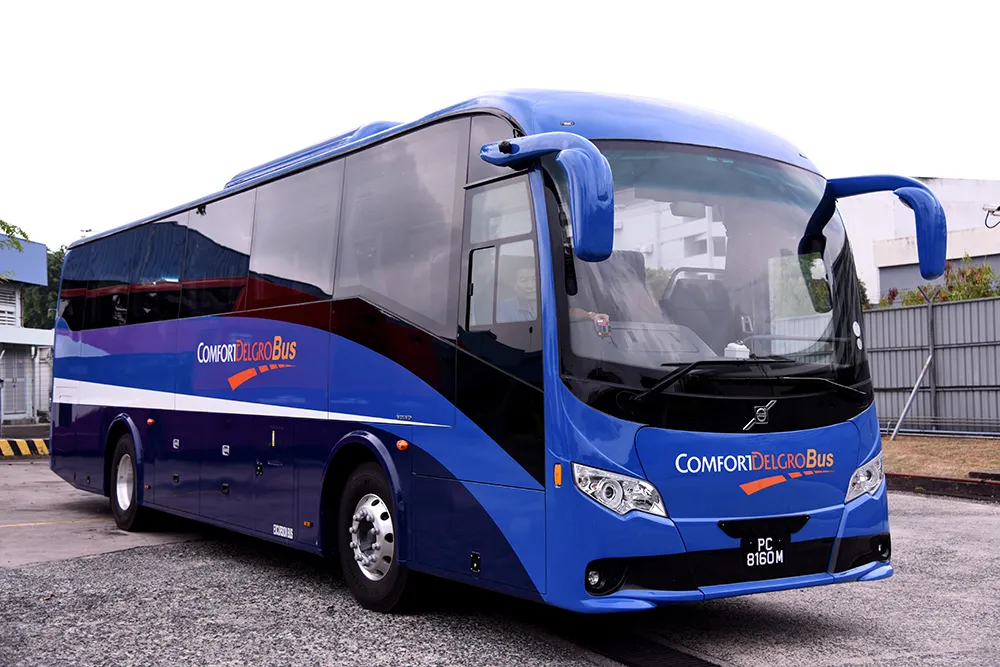Global shipments of factory-installed Driver Monitoring Systems (DMS) systems based on interior facing cameras will reach 6.7 million by 2019, according to recent findings from ABI Research.
“DMS solutions are expected to gain new momentum as critical support systems for human-machine interactions (HMI) related to ADAS active safety alerts and autonomous-to-manual handover but also as solutions enabling smart dashboards and contextual HMI in an in-vehicle environment increasingly characterized by inform
November 14, 2014
Read time: 2 mins
Global shipments of factory-installed Driver Monitoring Systems (DMS) systems based on interior facing cameras will reach 6.7 million by 2019, according to recent findings from 5725 ABI Research.
“DMS solutions are expected to gain new momentum as critical support systems for human-machine interactions (HMI) related to ADAS active safety alerts and autonomous-to-manual handover but also as solutions enabling smart dashboards and contextual HMI in an in-vehicle environment increasingly characterized by information overload,” comments VP and practice director Dominique Bonte.
In particular, eye-tracking technology allowing gaze direction and eyelid movement analysis, as well as facial recognition will emerge as the key DMS technology, gradually replacing traditional approaches. At the same time it will enable a wider set of applications including personalisation, security, health tracking, and distraction and fatigue detection.
While1685 Mercedes-Benz’s Attention Assist, 278 Ford’s Driver Alert, 609 Volvo’s Driver Alert Control, and 994 Volkswagen’s Fatigue Detection use a combination of legacy technologies such as forward facing cameras, steering wheel angle, and vehicle sensors, 1686 Toyota has already deployed eye-tracking systems in its 4349 Lexus brand, with Volvo (Driver State Estimation) and 1959 GM planning future deployments.
Toyota supplier6773 Aisin, 260 Continental (Driver Focus), 2165 Visteon (HMeye), Takata, 7861 Seeing Machines and Tobii are jockeying for position in an increasingly competitive eye-tracking ecosystem. NVIDIA and 4243 Intel (partnership with Ford) are also showing interest in the eye-tracking market. Vendors such as 639 SmartDrive and 7806 Lytx are mainly targeting commercial vehicle fleets with video analytics solutions.
“DMS solutions are expected to gain new momentum as critical support systems for human-machine interactions (HMI) related to ADAS active safety alerts and autonomous-to-manual handover but also as solutions enabling smart dashboards and contextual HMI in an in-vehicle environment increasingly characterized by information overload,” comments VP and practice director Dominique Bonte.
In particular, eye-tracking technology allowing gaze direction and eyelid movement analysis, as well as facial recognition will emerge as the key DMS technology, gradually replacing traditional approaches. At the same time it will enable a wider set of applications including personalisation, security, health tracking, and distraction and fatigue detection.
While
Toyota supplier








